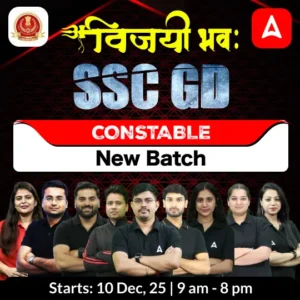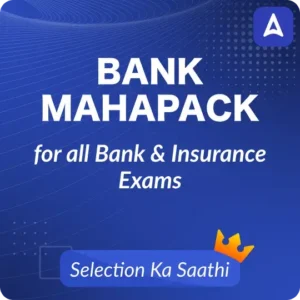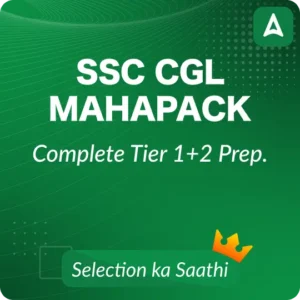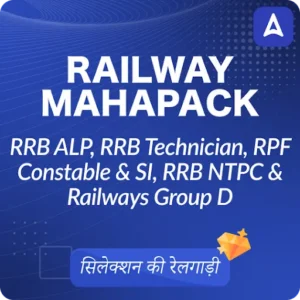Table of Contents
The Railway Recruitment Board (RRB) has officially published the RRB Ministerial Recruitment 2025 notification, along with the complete syllabus for the Ministerial and Isolated Categories examination. This recruitment drive offers 1,036 vacancies across multiple roles such as Junior Stenographer, Junior Translator, Staff & Welfare Inspector, Chief Law Assistant, Cook, PGT, TGT, Physical Training Instructor (Male & Female EM), Assistant Mistress (Junior School), Music Mistress, and others. To prepare effectively, candidates are encouraged to go through the RRB MI Syllabus 2025 in detail, concentrate on important subjects, and create a well-structured preparation plan.
RRB Ministerial and Isolated Categories Syllabus 2025
The RRB Ministerial and Isolated Categories Syllabus focuses on key subjects such as General Awareness, General Intelligence & Reasoning, Mathematics, and General Science. The selection procedure is conducted in several phases, beginning with a Computer-Based Test (CBT), followed by a Skill Test specific to the post, then Document Verification, and finally a Medical Examination.
| RRB Ministerial and Isolated Categories Syllabus 2025- Highlights | |
| Name of Organisation | Railway Recruitment Board (RRB) |
| Vacancies | 1036 |
| Category | Syllabus |
| Mode of Exam | Online |
| Time Duration | 90 minutes |
| Negative Marking | For every incorrect answer, 1/3rd mark will be deducted. |
| Selection Process |
Computer-based test (CBT), a skill test, document verification, and a medical examination
|
| Official Website | https://www.rrbcdg.gov.in/ |
RRB Isolated Category Recruitment 2026 Out- Click to Check
RRB Ministerial Isolated Categories Syllabus 2025
Candidates aiming to appear for the Ministerial and Isolated Categories Examination should thoroughly review the detailed syllabus to understand each subject and plan their preparation effectively. The syllabus is divided into four core sections: General Science, General Intelligence & Reasoning, General Awareness, and Mathematics. Those who qualify in the written examination will advance to the next stage of the selection process, which is the Skill Test.
General Intelligence and Reasoning
- Data Interpretation: Interpreting information from charts, graphs, and tables.
- Syllogism: Logical reasoning involving statements like “all,” “some,” or “none.”
- Venn Diagrams: Analysing logical relationships using Venn diagrams.
- Analogies: Finding relationships between pairs of words or numbers.
- Series: Recognising number series, alphabet series, and patterns.
- Puzzles: Solving various types of puzzles, such as seating arrangements and logical puzzles.
- Classification: Grouping items based on common properties.
- Coding-Decoding: Decoding and understanding coded language.
General Awareness
- Polity: Indian Constitution, political system, Panchayati Raj, public administration
- Economics: Basic economic principles, Indian economy, budget, and five-year plans
- General Science: Basic concepts in physics, chemistry, biology, and environmental science
- Geography: Physical features of India, world geography, important geographical terms
- Current Affairs: National and international events, sports, important days, and awards
- Indian History and Culture: Ancient, medieval, and modern history; freedom struggle; and post-independence India
General Science
- Chemistry
- Biology
- Physical
Mathematics
- Profit and Loss: Basic problems on profit, loss, and discount.
- Trigonometry: Basic trigonometric ratios and their applications.
- Algebra: Simplification, factorisation, linear equations.
- Statistics and Probability: Mean, median, mode, standard deviation, and basic probability.
- Simple and Compound Interest: Calculation of interest over time.
- Geometry: Calculation of area, volume, and perimeter of different shapes.
- Percentages and Averages: Calculation and Applications.
- Ratio and Proportion: Concepts and Applications.
- Number System: Whole numbers, integers, fractions, decimals.
- Geometry: Basic concepts of lines, angles, triangles, circles, and quadrilaterals.
Skill Test
The Skill Test will be conducted according to the specific job position. It includes assessments of skills such as stenography, translation, performance, and teaching skills.
Stenography Skill Test
Candidates who successfully clear the Computer-Based Written Test will be shortlisted for the Stenographer Skill Test. The Railway Recruitment Board (RRB) will invite 10 times the total vacancies for the Shorthand Exam (SST). To qualify for the Stenography Skill Test, candidates must meet the following requirements:
The test will be worth 300 marks and conducted by regional RRBs via computer-based evaluation.
For Hindi typing tests, candidates must have KrutiDev and Mangal fonts installed on their computers.
The test will assess spelling and editing skills.
- Marking Scheme:
1 point deducted for major mistakes
0.5 points deducted for minor mistakes - Error Limit:
10% of the total dictated words (full and half errors combined).
| Type of Stenographer | Transcription Time | Words Per Minute (WPM) |
| English | 50 minutes | 80 WPM |
| Hindi | 65 minutes | 80 WPM |
Translation Test
For the Junior Hindi Translator selection process:
- 10 times the number of candidates will be shortlisted for the test.
- Candidates must score a minimum of 60% to qualify for the Translation Test.
- The test will evaluate translation skills, similar to the shorthand exam.
- Eligible candidates will need to undergo a Translation Test.
- The Translation Test score will be assessed separately from the main exam results.
Performance Test/Teacher Skill Test
The Performance Test and Teacher Skill Test (TST) are for candidates applying for teaching positions, including TGTs, PGTs, PTIs, PRTs, music and dance teachers, and art masters.
- Performance Test: Music and dance teachers will be assessed based on their performance, skills, and other related factors.
- Teacher Skill Test (TST): The TST will evaluate candidates’ teaching skills, methods, and other essential qualities.
Topics will be selected by the committee on the spot for candidates to teach.
RRB Ministerial and Isolated Categories Exam Pattern 2025
The RRB Ministerial and Isolated Categories Exam Pattern 2025 provides candidates with insights into the marking scheme and the types of questions they can expect. Understanding the exam pattern is essential for performing well in the exam.
- The exam will be of an objective type, featuring 100 multiple-choice questions (MCQs).
- The duration of the exam will be 1 hour and 30 minutes.
- Negative marking will apply, with a 1/3 mark deducted for each incorrect answer.
- The total marks will be 100, with each question carrying 1 mark.
Familiarity with the exam pattern will help candidates prepare strategically and manage their time effectively during the exam.
| RRB Ministerial and Isolated Categories Exam Pattern 2025 | |||
| Section | No. of Questions | Maximum Marks | Duration |
| Professional Ability | 50 | 50 |
90 Minutes
120 Minutes (PwD Candidates) |
| General Awareness | 15 | 15 | |
| General Intelligence and Reasoning | 15 | 15 | |
| Mathematics | 10 | 10 | |
| General Science | 10 | 10 | |
| Total | 100 | 100 | |

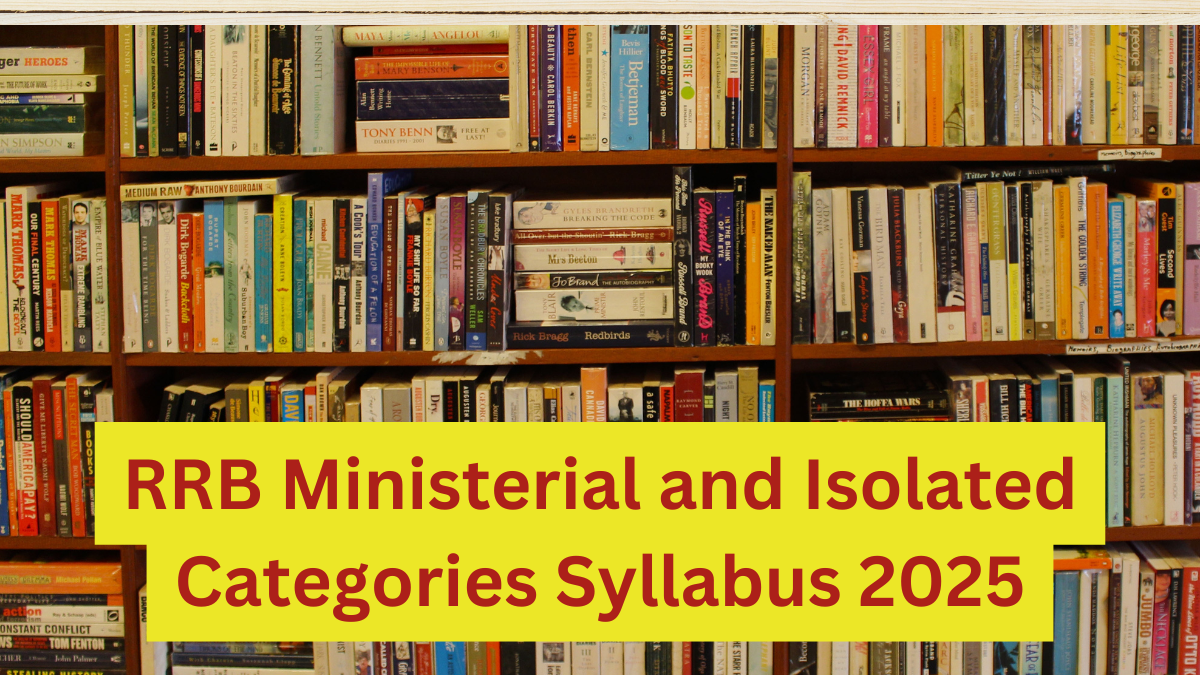

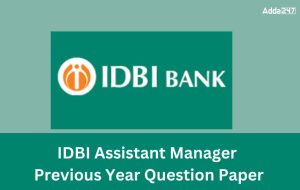 IDBI Junior Assistant Manager Previous Y...
IDBI Junior Assistant Manager Previous Y...
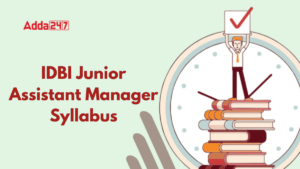 IDBI Junior Assistant Manager Syllabus 2...
IDBI Junior Assistant Manager Syllabus 2...
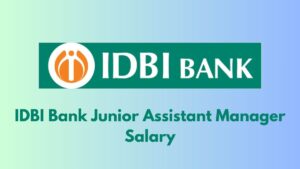 IDBI Junior Assistant Manager Salary 202...
IDBI Junior Assistant Manager Salary 202...
